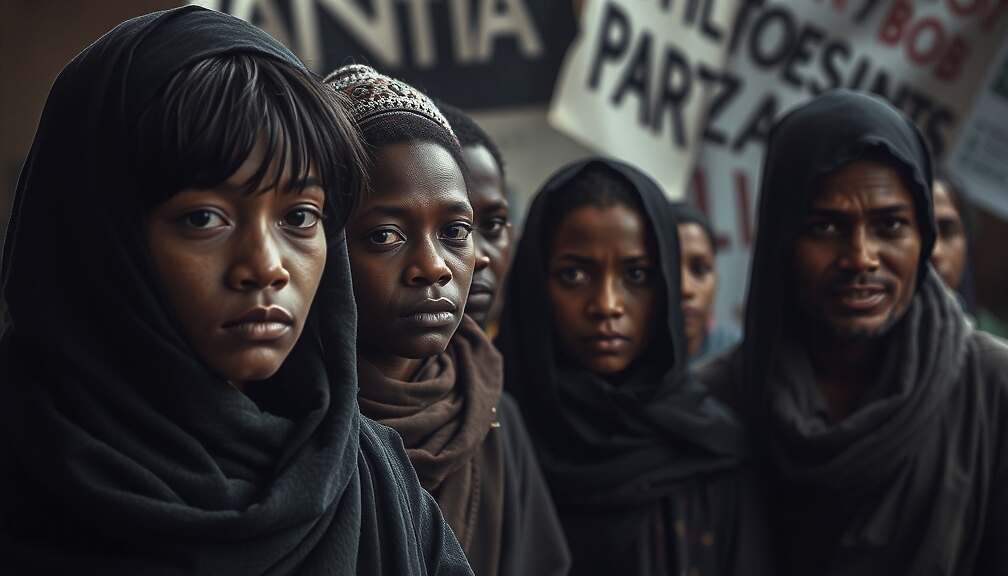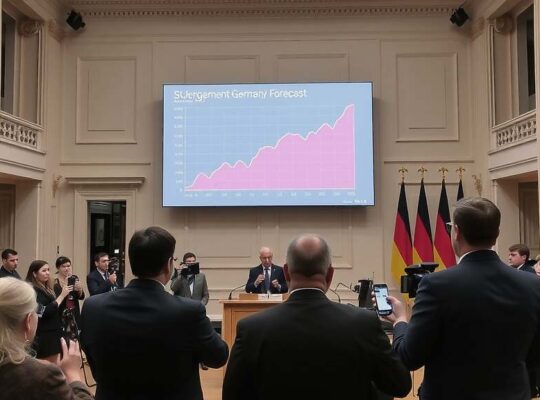The political discourse surrounding safety and migration intensified this week as Ricarda Lang, a prominent Green Party politician, delivered a scathing critique of Christian Democratic Union (CDU) leader Friedrich Merz. Lang’s remarks, delivered to RTL and n-tv on Tuesday, centered on Merz’s handling of the debate on urban spaces and his apparent tendency to instrumentalize women’s safety within migration discussions.
Lang’s central argument underscored a fundamental failure on the part of the state if it cannot provide protection to women fleeing domestic violence. She characterized providing such protection as not merely a policy goal but a “goddamn right” – a right that should be guaranteed without requiring women to “beg” for it. Her statement directly attacks the perceived inadequacy of current security measures and their potential failure to safeguard vulnerable individuals.
The escalating tension stems from Merz’s recent comments on the “appearance” of urban spaces and the subsequent suggestion that questions about his perspective could be directed towards his own daughters. This remark, coupled with Merz’s earlier proposals for increased deportations as a solution to perceived urban problems, has drawn significant condemnation from women’s rights advocates. Lang’s assertion that concerns about crime and safety should be framed as issues of “behavior”, rather than superficial characteristics, directly challenges the underlying assumptions of Merz’s approach and implicitly denounces the potential for discriminatory practices.
Lang is among approximately 50 initial signatories of a powerful open letter addressed to Merz, outlining concrete steps needed to combat violence and bolster safety. The letter serves as a tangible expression of discontent and a demand for concrete action. The escalating debate highlights a deeper rift within German politics regarding how safety and migration are intertwined, with the Green Party increasingly positioning itself as a defender of vulnerable populations and a vocal critic of perceived shortcomings in the CDU’s policies. The controversy raises critical questions about the politicization of women’s safety and the responsibility of political leaders to address underlying societal issues with sensitivity and demonstrable solutions.












